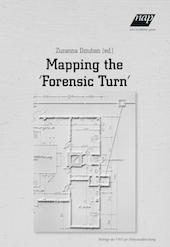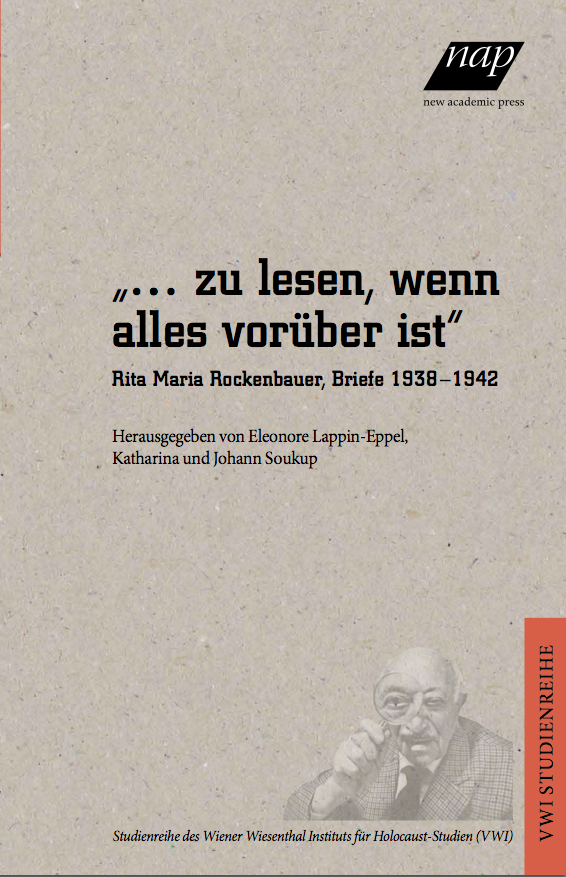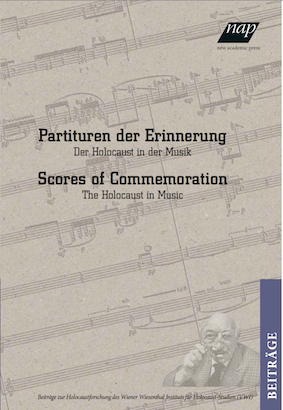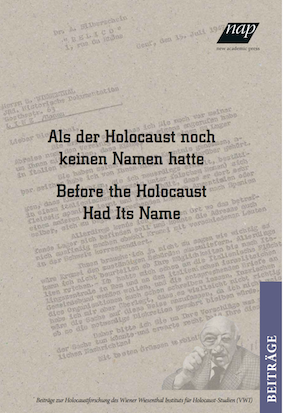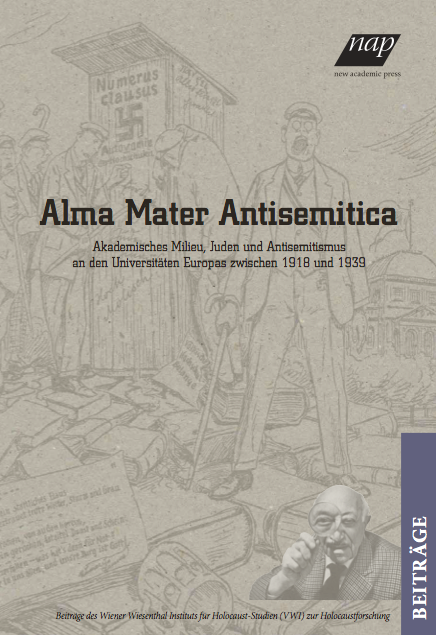 After the most fundamental assault on humanity and civilization that was realised in the annihilation of European Jewry by Nazi Germany, universalist concepts – an idea of mankind – seemed at stake. Still, in the aftermath of the Second World War the newly created United Nations were eager to set up a framework of international rights and duties with universal validity and proposed legal tools to restore peace and the recognition of human dignity worldwide. One of the most important articulations of these principles was the UN’s Declaration of Human Rights in 1948.
After the most fundamental assault on humanity and civilization that was realised in the annihilation of European Jewry by Nazi Germany, universalist concepts – an idea of mankind – seemed at stake. Still, in the aftermath of the Second World War the newly created United Nations were eager to set up a framework of international rights and duties with universal validity and proposed legal tools to restore peace and the recognition of human dignity worldwide. One of the most important articulations of these principles was the UN’s Declaration of Human Rights in 1948.
Hannah Arendt’s famous exploration of The Perplexities of the Rights of Men forming a core element of her magnus opum Origins of Totalitarianism (1951) was an essential comment to the debate of her time. While affirming the universalist notion of humanity and human rights she revealed the unsolved challenges of their enforcement in a world of nation states, highlighting the fragile character of international agreements and their limited reach when faced with sovereign rule. To overcome the limits of the notion of universal human rights as such, she claims a more specific human right: the right to belong, a basic right to citizenship as a way to secure recognition and participation of every human being in a shared world.
In my paper, I discuss Arendt’s claims in relation to another important Jewish thinker of the time: Hermann Broch. He was equally preoccupied with the possibilities of enforcement of a global human rights regime and tried to come up with very concrete political propositions. Both intellectual’s deliberations reveal general reconfigurations of thinking and judging after the Holocaust and highlight their importance within Arendt’s and Broch’s specific view on historical responsibility and justice.
Editorial
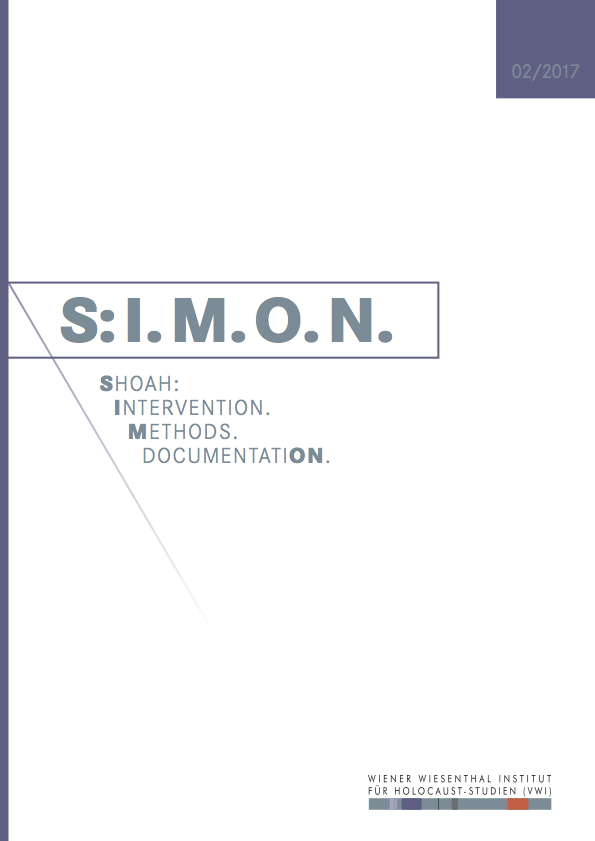 S:I.M.O.N. is an e-journal of the Vienna Wiesenthal Institute for Holocaust Studies (VWI). It appears twice a year in English and German language. S:I.M.O.N. aims at both a transnational and comparative history of the Holocaust and Jewish Studies in Central and Eastern Europe within the broader contexts of the European history of the 20th and 21st century, including its prehistory, consequences and legacies as well as the history of memory.
S:I.M.O.N. is an e-journal of the Vienna Wiesenthal Institute for Holocaust Studies (VWI). It appears twice a year in English and German language. S:I.M.O.N. aims at both a transnational and comparative history of the Holocaust and Jewish Studies in Central and Eastern Europe within the broader contexts of the European history of the 20th and 21st century, including its prehistory, consequences and legacies as well as the history of memory.
S:I.M.O.N. serves as a forum for discussion of various methodological approaches. The journal especially wishes to strengthen the exchange between researchers from different scientific communities and to integrate both the Jewish history and the history of the Holocaust into the different “national” narratives. It also lays a special emphasis on memory studies and the analysis of politics of memory. S:I.M.O.N. uses a double-blind review system, which means that both the reviewer’s and the author’s identities are concealed from each other hroughout the review process.
Shoah: The journal deals with the history of the Shoah from multidisciplinary, transnational and comparative perspectives. It seeks to integrate studies on Jews as well as on other groups of victims of the Holocaust, especially on Roma, and of so far less researched regions of (East) Central and (South) Eastern Europe.
Intervention. The journal reports on research projects and their transmission into public events. It also informs about current educational and remembrance programs.
Methods. The journal serves as a forum for the discussion of methodological approaches as, for instance, the everyday history, oral history, gender history, the history of violence, anti-Semitism and racism and the theory of memory and memory politics.
DocumentatiON. The journal contributes to critical approaches on using and interpreting archival materials in the 21st century.
Download the current issue S:I.M.O.N. 2017/2.
Articles
Natalia Aleksiun
Pleading for Cadavers. Medical Students at the University of Vienna and the Study of Anatomy
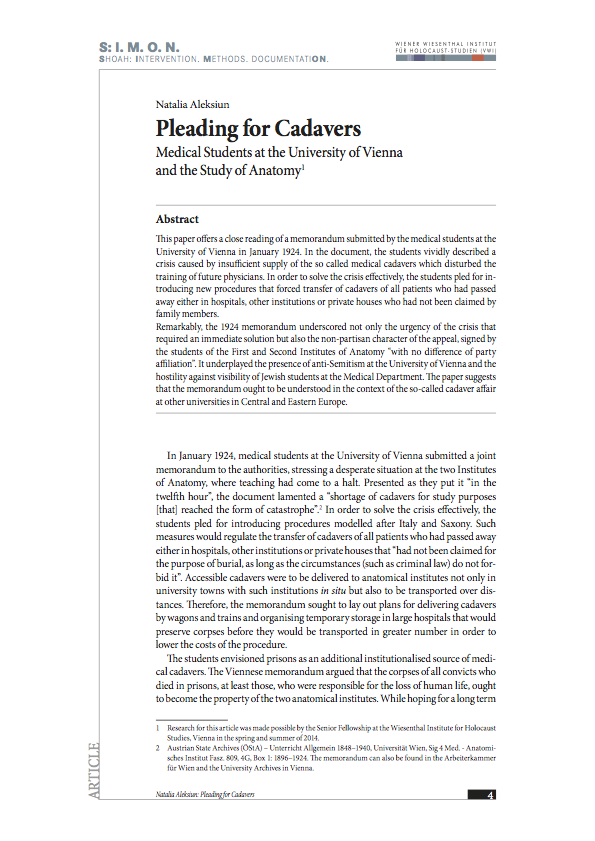 This paper offers a close reading of a memorandum submitted by the medical students at the University of Vienna in January 1924. In the document, the students vividly described a crisis caused by insufficient supply of the so called medical cadavers which disturbed the training of future physicians. In order to solve the crisis effectively, the students pled for introducing new procedures that forced transfer of cadavers of all patients who had passed away either in hospitals, other institutions or private houses who had not been claimed by family members. Remarkably, the 1924 memorandum underscored not only the urgency of the crisis that required an immediate solution but also the non-partisan character of the appeal, signed by the students of the First and Second Institutes of Anatomy "with no difference of party affiliation". It underplayed the presence of anti-Semitism at the University of Vienna and the hostility against visibility of Jewish students at the Medical Department. The paper suggests that the memorandum ought to be understood in the context of the so-called cadaver affair at other universities in Central and Eastern Europe.
This paper offers a close reading of a memorandum submitted by the medical students at the University of Vienna in January 1924. In the document, the students vividly described a crisis caused by insufficient supply of the so called medical cadavers which disturbed the training of future physicians. In order to solve the crisis effectively, the students pled for introducing new procedures that forced transfer of cadavers of all patients who had passed away either in hospitals, other institutions or private houses who had not been claimed by family members. Remarkably, the 1924 memorandum underscored not only the urgency of the crisis that required an immediate solution but also the non-partisan character of the appeal, signed by the students of the First and Second Institutes of Anatomy "with no difference of party affiliation". It underplayed the presence of anti-Semitism at the University of Vienna and the hostility against visibility of Jewish students at the Medical Department. The paper suggests that the memorandum ought to be understood in the context of the so-called cadaver affair at other universities in Central and Eastern Europe.
SWL-Reader
Karola Fings
Opferkonkurrenzen. Debatten um den Völkermord an den Sinti und Roma und neue Forschungsperspektiven
 In 1992, the government of the Federal Republic of Germany decided to dedicate a memorial to the victims of the genocide of Sinti and Roma. The Memorial for the Sinti and Roma of Europe murdered under National Socialism by the artist Dani Karavan was inaugurated in October 2012 in the centre of Berlin, near the former Reichstag building. The planning and construction phase spanned two decades, during which many discussions addressed the significance awarded to the Nazi persecution of “gypsies” next to the Holocaust. These discussions reached an apex in a controversy enacted via media between Yehuda Bauer (then the director of the International School for Holocaust Studies in Yad Vashem) and Romani Rose (the head of the Central Council of German Sinti and Roma). This paper critically reflects the debates in light of new research results on the genocide of Sinti and Roma.
In 1992, the government of the Federal Republic of Germany decided to dedicate a memorial to the victims of the genocide of Sinti and Roma. The Memorial for the Sinti and Roma of Europe murdered under National Socialism by the artist Dani Karavan was inaugurated in October 2012 in the centre of Berlin, near the former Reichstag building. The planning and construction phase spanned two decades, during which many discussions addressed the significance awarded to the Nazi persecution of “gypsies” next to the Holocaust. These discussions reached an apex in a controversy enacted via media between Yehuda Bauer (then the director of the International School for Holocaust Studies in Yad Vashem) and Romani Rose (the head of the Central Council of German Sinti and Roma). This paper critically reflects the debates in light of new research results on the genocide of Sinti and Roma.
Events
Zoltán Halasi
Duschehubka
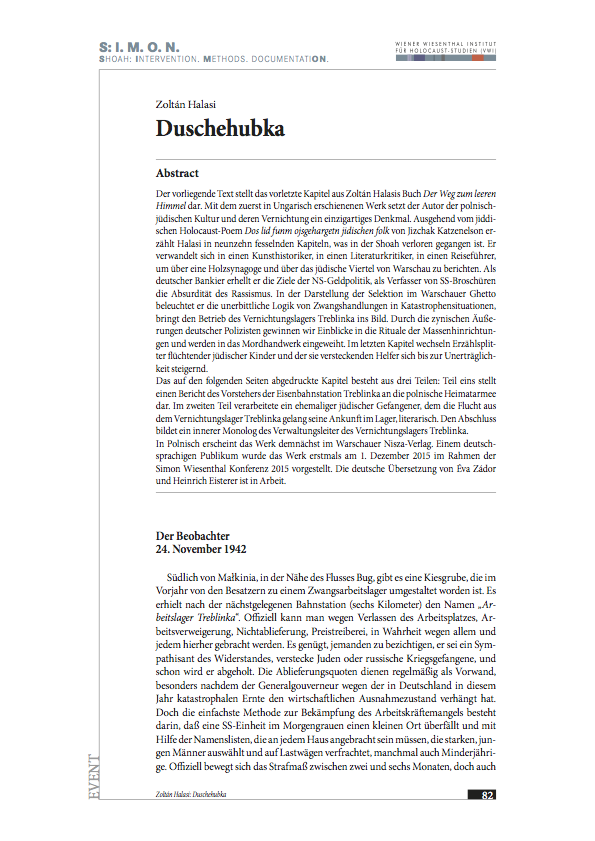 This text is the penultimate chapter of Zoltán Halasi's book Út az üres éghez (Road to an Empty Sky). With this work, which was first published in Hungarian, the author created a singular memorial to Polish-Jewish culture and its destruction. Setting out from the Yiddish Holocaust poem Dos lid funm ojsgehargetn jidischen folk by Itzhak Katzenelson, Halasi records what was lost in the Shoah in the course of nineteen compelling chapters. He takes on the grab of an art historian, a literary critic and a travel guide when he reports about a wooden synagogue and the Jewish quarter in Warsaw. In the role of a German banker, he illuminates the aims of the Nazi monetary policies, as a writer of SS brochures he highlights the absurdity of racism. Depicting a Selektion in the Warsaw ghetto, he shows the grim logic of compulsive acts in catastrophic situations, draws an image of the running of the extermination camp Treblinka. The cynical words of two German policemen provide an insight into the rituals of mass executions and introduce us to the craft of murder. The final chapter is an interplay of slithers of narrative by Jewish children on the run and by those who helped and hid them that borders on the unbearable.
This text is the penultimate chapter of Zoltán Halasi's book Út az üres éghez (Road to an Empty Sky). With this work, which was first published in Hungarian, the author created a singular memorial to Polish-Jewish culture and its destruction. Setting out from the Yiddish Holocaust poem Dos lid funm ojsgehargetn jidischen folk by Itzhak Katzenelson, Halasi records what was lost in the Shoah in the course of nineteen compelling chapters. He takes on the grab of an art historian, a literary critic and a travel guide when he reports about a wooden synagogue and the Jewish quarter in Warsaw. In the role of a German banker, he illuminates the aims of the Nazi monetary policies, as a writer of SS brochures he highlights the absurdity of racism. Depicting a Selektion in the Warsaw ghetto, he shows the grim logic of compulsive acts in catastrophic situations, draws an image of the running of the extermination camp Treblinka. The cynical words of two German policemen provide an insight into the rituals of mass executions and introduce us to the craft of murder. The final chapter is an interplay of slithers of narrative by Jewish children on the run and by those who helped and hid them that borders on the unbearable.
The chapter reproduced on the following pages has three parts: Part one is a Treblinka railway station master's report to the Polish Home Army. In the second part, a former Jewish detainee who managed to escape from the extermination camp Treblinka gives a literary treatment of his arrival at the camp. The final part consists of an inner monologue by the Treblinka extermination camp's director of administration.
The book will shortly be published in Polish at the Nisza publishing company in Warsaw. The German-speaking public was first presented with the work on December 1, 2015 at the Simon Wiesenthal Conference 2015. The German translation by Éva Zádor and Heinrich Eisterer is in progress.
Elisabeth Gallas: The Struggle for a Universal Human Rights Regime. Hannah Arendt and Hermann Broch on the Paradoxes of a Concept
„... zu lesen, wenn alles vorüber ist“
Rita Maria Rockenbauer, Briefe 1938 –1942
Wien 2014
Partituren der Erinnerung.
Der Holocaust in der Musik
Scores of Commemoration.
The Holocaust in Music
Wien 2015
Before the Holocaust Had Its Name. Early Confrontations of the Nazi Mass Murder of the Jews
Wien 2016
Akademisches Milieu, Juden und Antisemitismus an den Universitäten Europas zwischen 1918 und 1939
Academic Milieu, Jews and Antisemitism at European Universities between 1918 and 1939
Wien 2016


